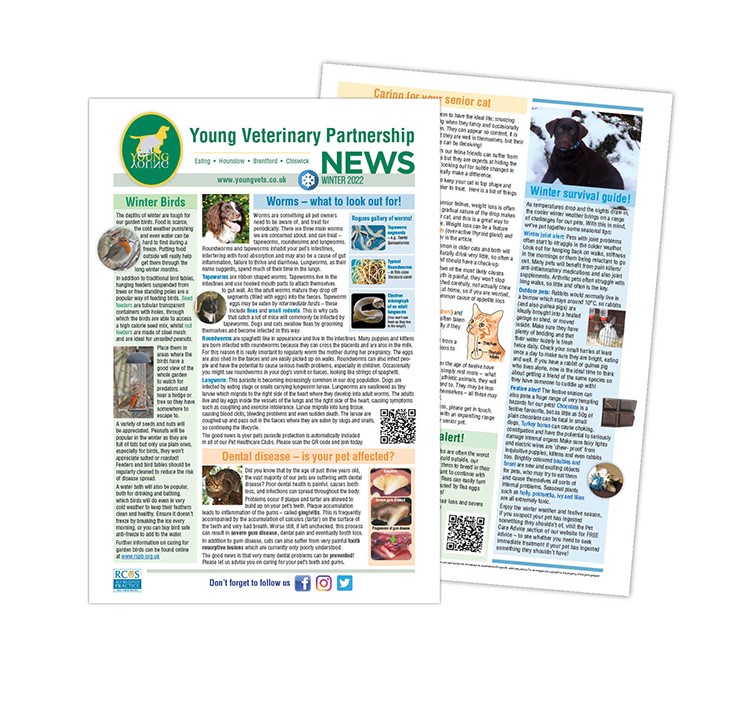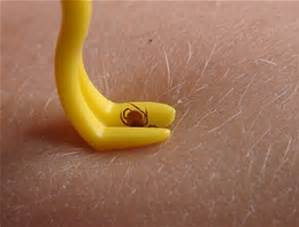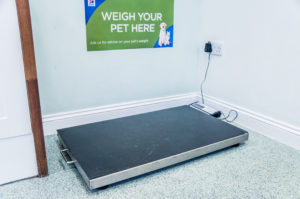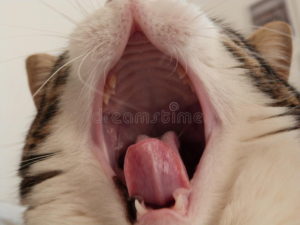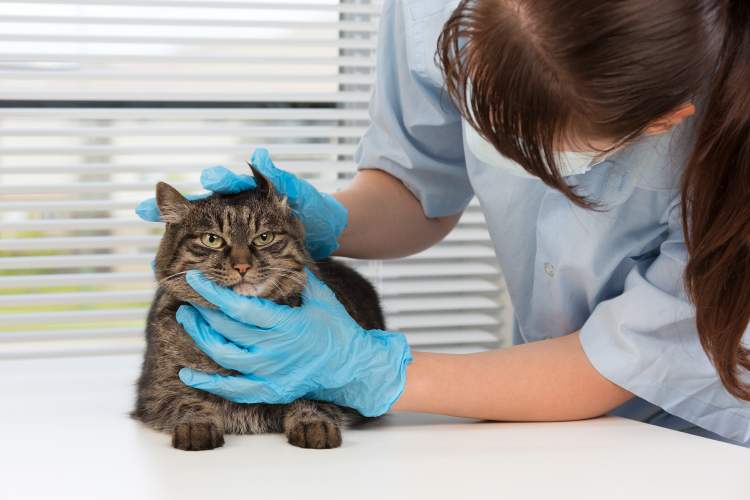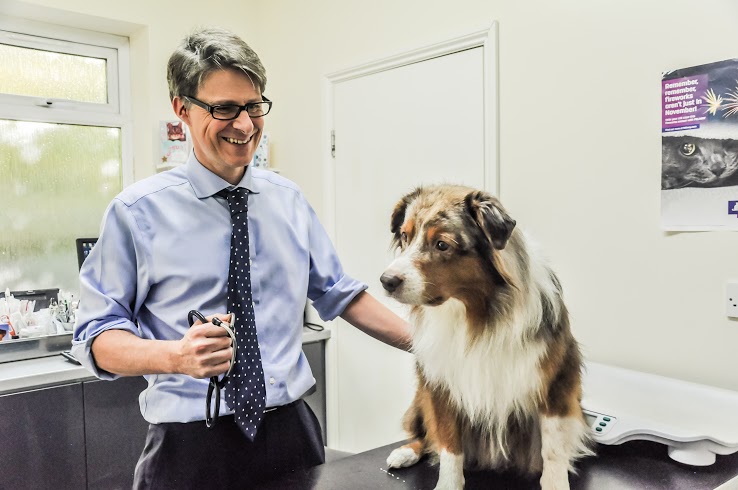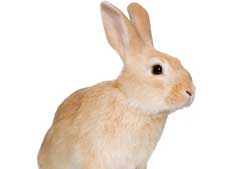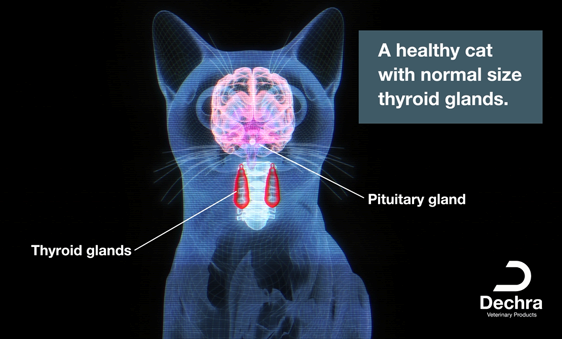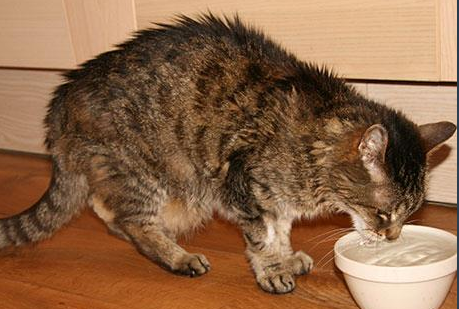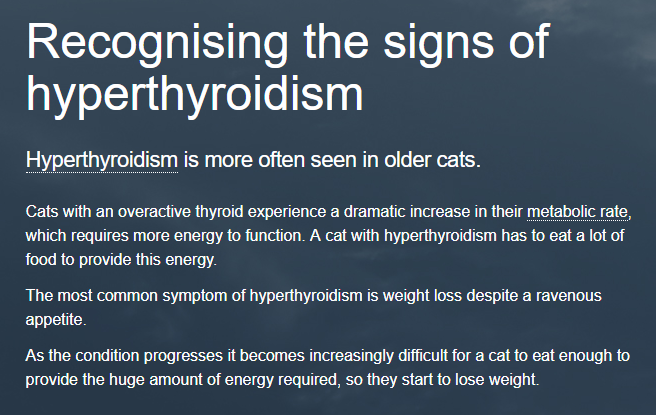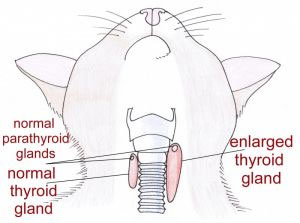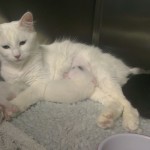Festive alert!
Festive alert! The festive season can bring with it a whole host of pet poisons into your home, these can be extremely tempting to your pet. We’ve put together a FREE Pet Poisons checker for you to use at home if you have concerns about something your pet has ingested. Our Winter News includes some seasonal tips on keeping your pets happy and healthy throughout the coming winter.

Worms – what to look out for.
Worms are something all pet owners need to be aware of and treat for periodically. Our Winter Blog discusses the range of parasites that can still lurk around, even in the colder weather! The good news is – parasite protection is automatically included in our Pet Healthcare Club, allowing you to spread your pet’s veterinary essentials across affordable monthly payments, join today and start saving.

Dental disease – is your pet affected?
Did you know that by the age of just three years old, the vast majority of our pets are suffering with dental disease? Poor dental health is painful, causes tooth loss, and infections can spread throughout the body. Our Winter News explains the types of dental disease that can cause problems for your pet, the good news is that many dental problems can be prevented so ask our team at your pets next appointment for advice on a dental routine that suits your pet.
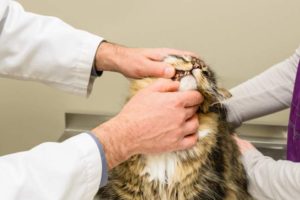
On behalf of Dr Matthew Wilson and all the team at Young Veterinary Partnership, we would like to wish you and your family a very Merry Christmas and a happy, healthy 2023.

